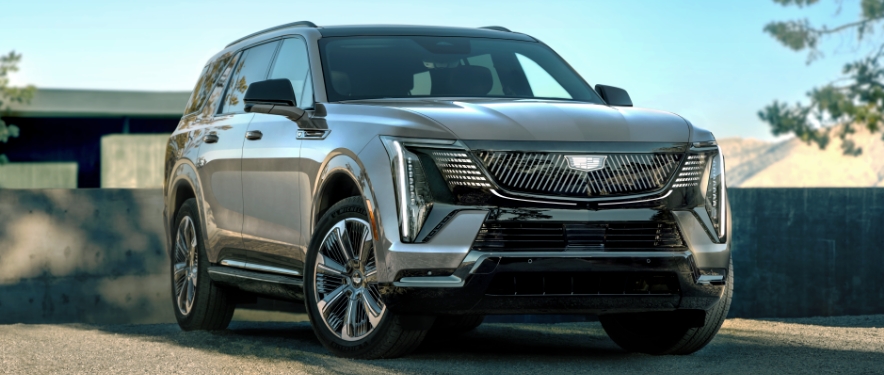- Home
- Financial Resources
- Financial Articles
- What’s Your Leasing IQ?

6 Things To Know When Leasing a Vehicle
By Allison (Scott) Rummage / 08/21/2023 / Your Car
Getting in the driver’s seat of a new set of wheels is exhilarating. There are so many memories to be made, miles to be driven and journeys to take. While purchasing a new car has its benefits, leasing your vehicle has some perks of its own. When you lease a car, you're using it for a predetermined period, which makes for a different driving experience. Here’s what to know about leasing before deciding on your next vehicle adventure.
- You’re in control: With a lease, you have a range of personalized options that can perfectly suit your preferences. You are the driving force behind the length of your lease, if you want coverage for excess wear, and how many miles are included for the duration of your lease.
Tip: When deciding on the number of miles in your lease agreement, figure out your average daily miles and select the option that’s slightly above it to prevent overage charges. - Test Drive: If commitment is hard for you when it comes to what you drive, leasing gives you the freedom to try a different vehicle when your lease ends. That means you can tailor your vehicle to your current needs and experience new features with each vehicle you lease.
- Warranty: With a lease, you’re typically driving the vehicle for the first few years of its life on the road. That means you’ll likely get the manufacturer’s warranty for the duration of your time behind the wheel, and you don’t have to worry about repairs for anything it covers. This makes leasing the perfect option for those wanting a more hassle-free car experience. Though keep in mind: Whether you lease or buy, you will usually still be responsible for routine maintenance like oil changes and tire rotations.
- Money in the bank: Having your eyes set on a car that’s out of your price range can be disheartening, but leasing oftentimes can get you behind the wheel of that car for less than purchasing. To determine financially whether you should lease or buy, look at what you need to have versus what you want.
- Lease-end options: Looking for something different? Turn your vehicle in when your lease expires and pick out a new ride. Fell in love with the car? Purchase it. Wasn’t your cup of tea? Consider returning it. Exploring each possibility will help you find what works best for you.
- Lease-end liability: At the end of your lease, you may owe additional amounts. Your lease agreement is a great resource to see what amounts may apply. Lease-end liability may include excess wear, mileage overage or disposition fees. Excess wear covers any damage to the vehicle that’s more than normal. Mileage overage is exactly that — paying for miles beyond the contracted amount. Disposition fees are applied after you return the vehicle and cover costs of preparing the vehicle for resale. The disposition fee may be waived if you buy or lease a new GM vehicle.
Ultimately, choosing your vehicle and whether you lease or buy depends entirely on what you’re looking for. But knowing the benefits of both can help make the decision that much easier. Check out the latest vehicle offers and, when you’re ready, apply to prequalify to start getting into your next vehicle.
By Allison (Scott) Rummage, GM Financial
Allison (Scott) Rummage stays plugged in to all things electric cars-related, and likes to balance it out by sharing a budgeting tip or two. When she's not working, you'll find her jamming out to John Mayer, cracking "dad jokes" or cheering on the Dallas Stars.

Test-driving a car: What to look for before you buy
Discover five questions to ask yourself during a test drive to help you make the right choice for your next vehicle.
GET ANSWERS
What Is a Lease-End Inspection and Why Do You Need One?
Explore the top three reasons you should take advantage of a free lease-end inspection and learn how to conveniently schedule one.
FIND OUT